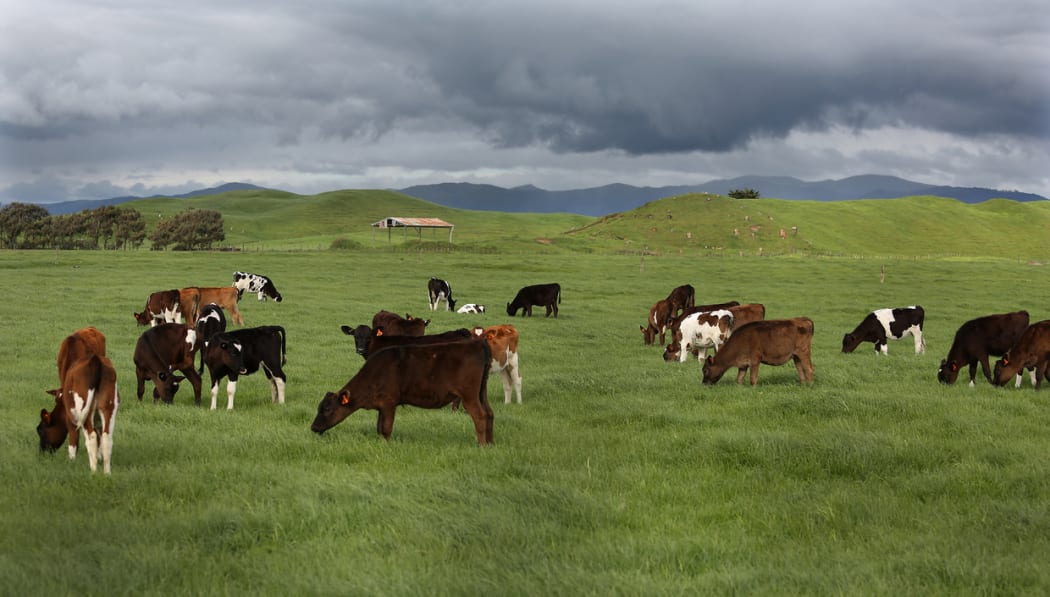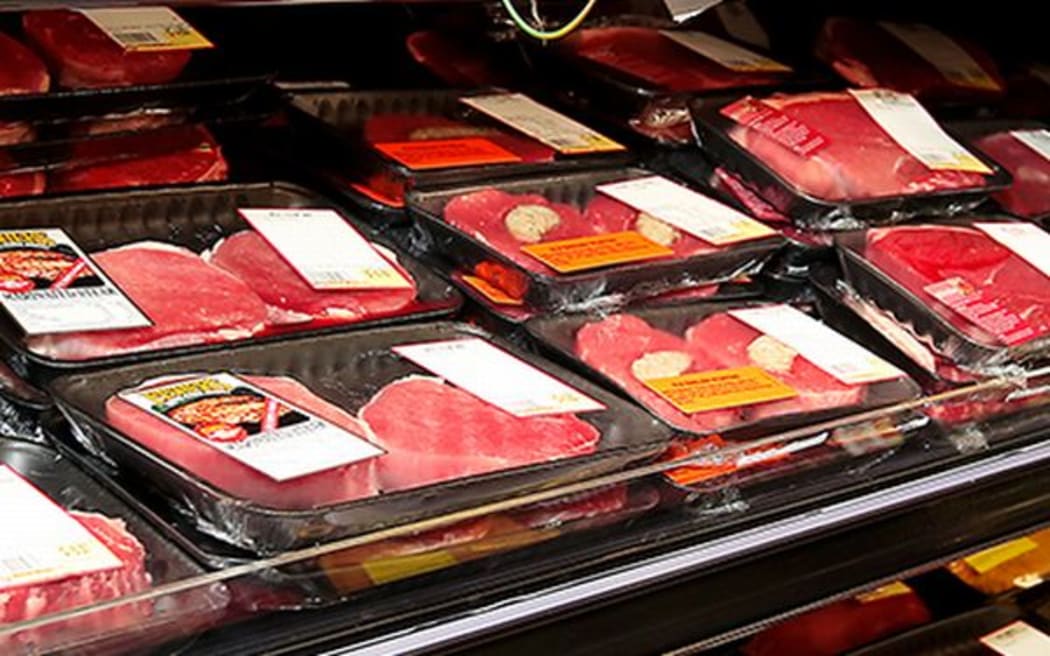An AgriHQ analyst says it's great news Indonesia has re-opened its doors to New Zealand beef.

20131009. Photo Diego Opatowski / Radio NZ. Generic beef cattle in a field. Photo: RNZ
The Indonesian Trade Ministry has issued permits for the State Logistics Agency to import as much as 10,000 tonnes of beef from New Zealand.
The ministry said it wanted to stabilise meat prices in the country, and New Zealand was chosen because the price of beef from here was lower than the cost of Australian meat.
Beef exports to Indonesia have see-sawed in recent years. They reached a high in 2010 when Indonesia was New Zealand's second-largest beef market, then worth $185 million.
But exports had dropped to a trickle in recent years, and both New Zealand and the United States were challenging Indonesia's import restrictions through complaints to the World Trade Organisation.
AgriHQ analyst Susan Kilsby said the move to allow imports was a good sign, but Indonesia had been up and down in the past.
"Traditionally Indonesia's been a pretty important market for New Zealand beef. I mean back in 2010 it was our second-largest market behind the US, but it's certainly a very inconsistant market because the doors into that market essentially get opened and closed at various times, so the fact that it's open again at the moment, it does provide us with another alternative Asian market for our products, so it's good news for our farmers."

Photo: RNZ / Diego Opatowski
Ms Kilsby said the weekly export market report shows most Asian markets have stayed steady or improved, while interest from the United States had fallen slightly.
"The interest in the US beef market has slowed a little in the last few weeks," Ms Kilsby said. "We're also seeing a larger amount of cow meat being diverted into other markets such as Canada and China, where the prices are generally a little lower than the US market."
She said that was happening because processors were running out of quota for the US market and they were trying to save some of their quota for later in the year when a larger number of bulls were being killed.
"Because there aren't too many other markets for bull meat other than the US, so it's important that they save some quota for that."



